#vampire squid
Explore tagged Tumblr posts
Text
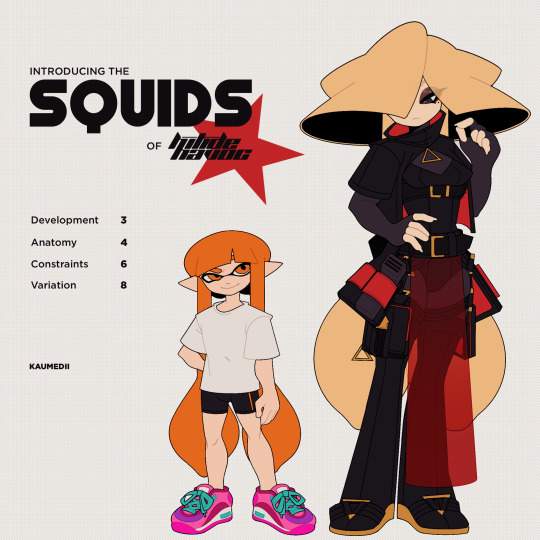

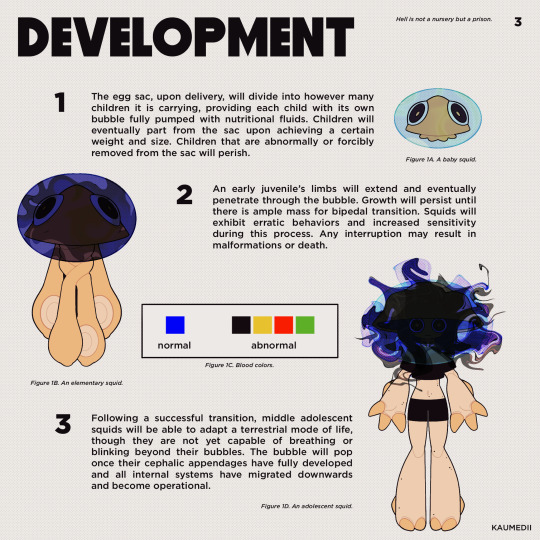
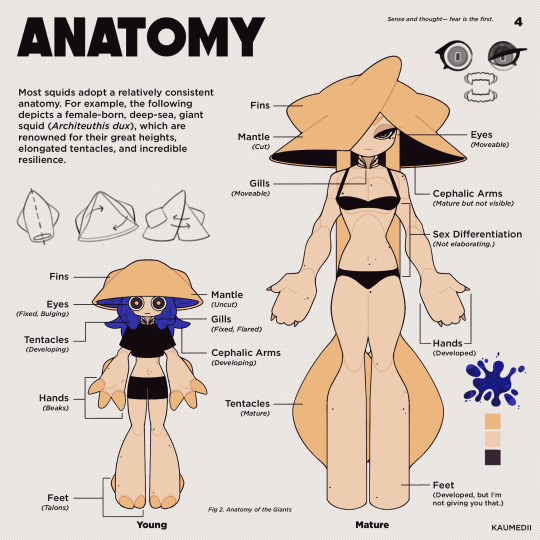
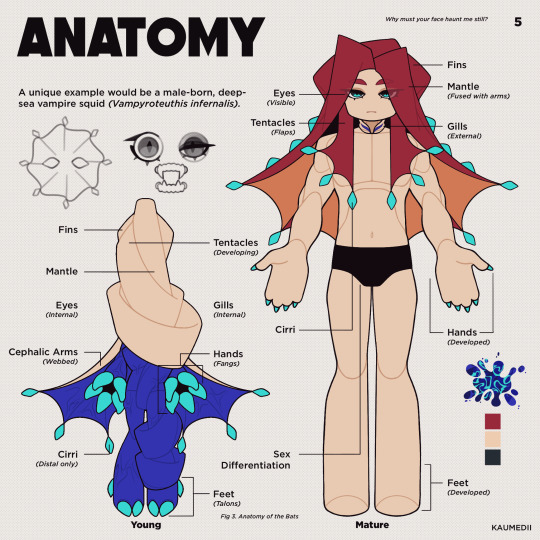
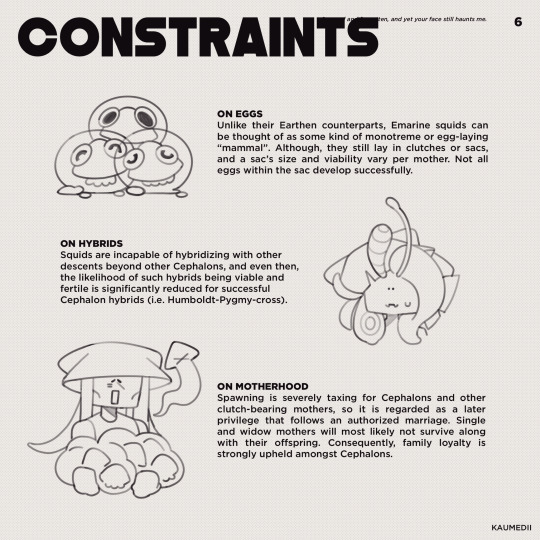

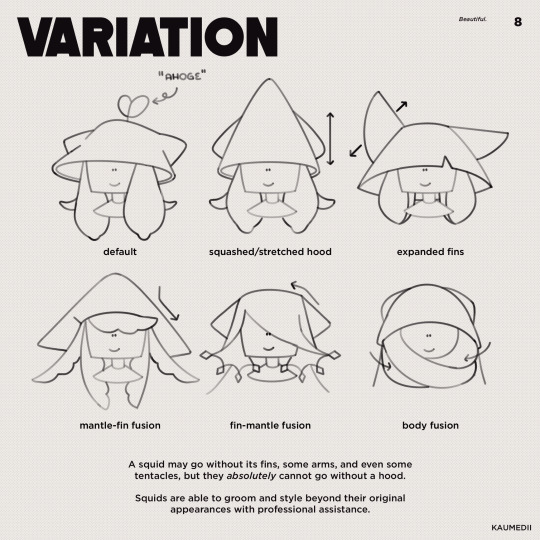
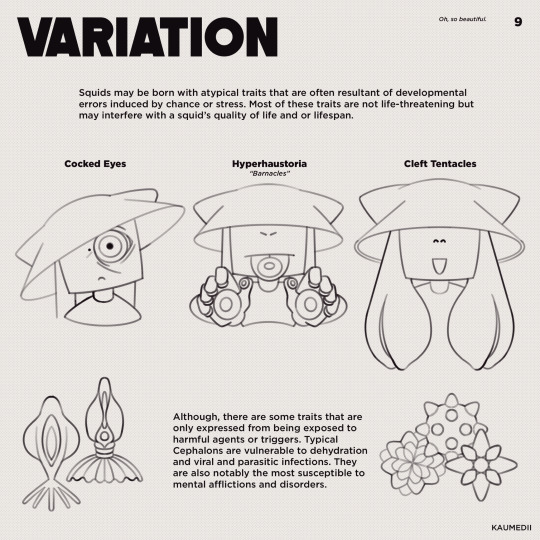

hh — squids.
The thinking caps.
#hitidehavoc#kxxoc#art#artists on tumblr#artwork#character illustration#digital art#character concept#character design#concept art#illustration#splatoon#(?)#not splatoon#for the love of god it is not splatoon#squid#giant squid#vampire squid
120 notes
·
View notes
Text

cephalopodssss
#cephalopod#my art#digital art#marine biology#octopus#blue ringed octopus#vampire squid#squid#pyjama squid#nautilus#cuttlefish#flamboyant cuttlefish
8K notes
·
View notes
Text

#animals#fun facts#marine biology#marine life#aquatic#sea creatures#cephalopods#vampire squid#bioluminescent#Midnight Snack's Cool Facts
264 notes
·
View notes
Text
Oceanblr might like my shower curtain

#ocean#aquatic#cephalopod#squid#octopus#cuttlefish#vampire squid#nautilus#glass squid#dumbo octopus#blanket octopus
616 notes
·
View notes
Text

Vampire Squid (Vampyroteuthis infernalis), family Vampyroteuthidae, photographed in the deep sea off the Pacific Coast of North America
Vampire Squids are not actually true squids, but are in their own distinct groups of Cephalopods (most closely related to the Octopuses).
These octopods live at depths of 600 to 900 m (2,000 to 3,000 ft) in oceans around the world.
Photograph by Monterey Bay Aquarium Research Institute 
#nature#animals#vampire squid#vampyroteuthis#vampyroteuthidae#cephalopod#mollusk#malacology#ocean#octopod
750 notes
·
View notes
Text

Marinetober day 31: vampire squid
#piratedllama art#art#inktober#drawing#drawtober#realism#traditional art#ink#vampire squid#deep sea#squid#artists on tumblr#markers#acrylic pens#marinetober
647 notes
·
View notes
Text
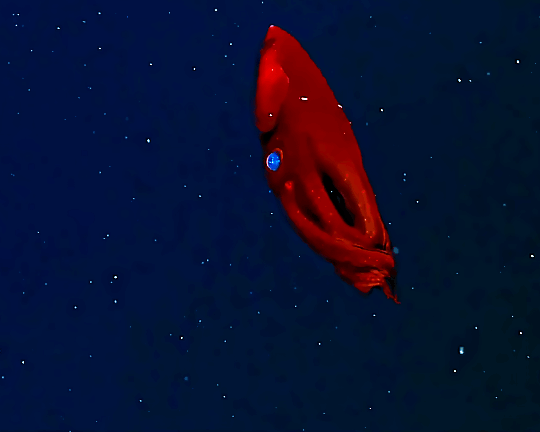
I'm way too high to think of a witty caption, today's cephalopod is this one
173 notes
·
View notes
Text
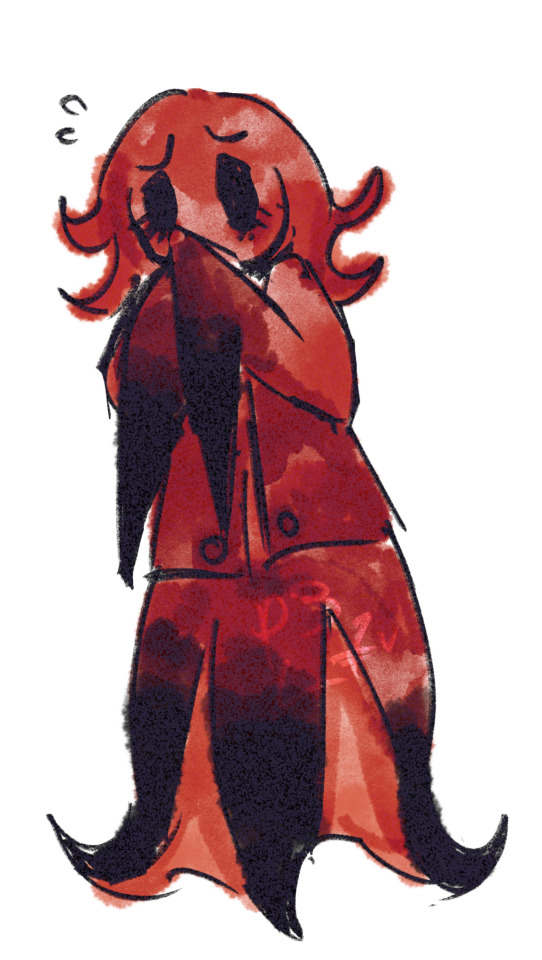
Horrible Execution of mental imagery
#silly#my art#messy art#fanart#pressure roblox#Roblox#roblox pressure#imaginary friend pressure#Vampire squid#pressure headcanons#my headcanons#digital art#Pressure#this looked better in my head#i’m not denying that#Please be Friday already
235 notes
·
View notes
Text

Hey robot enthusiasts! Nature meets technology in Short Circuit, an enamel pin collection inspired by the aesthetics of Printed Circuit Boards (PCB). 🤖🐺
All 12 of the above pins are funded and available designs to purchase by backing, in addition to:


And our current goal is less than €200 away from unlocking as well!

If you'd like any of these bot-boards as hybrid enamel pins or selective holographic vinyl stickers, check out the campaign on Backerkit! 💚✨
#robots#printed circuit board#pcb#sci fi art#enamel pins#pins#pintopia#pintopia 2025#wolf#cat#rat#leaf#goat#fox#eagle#flame#swan#butterfly#vampire squid#wave#paw#dragon#raven#my art#artists on tumblr
301 notes
·
View notes
Note
can you do one about vampire squids ? 🦑

Vampyroteuthis infernalis or Vampire Squid
It's (very dramatic) scientific name means "vampire squid from hell". However, the vampire squid is not actually a squid! It's actually the only animal in the Vampyroteuthidae family! It's separated into its own family because it can't change color or produce ink. Instead, it turns itself "inside out" (as shown above) to deter predators.
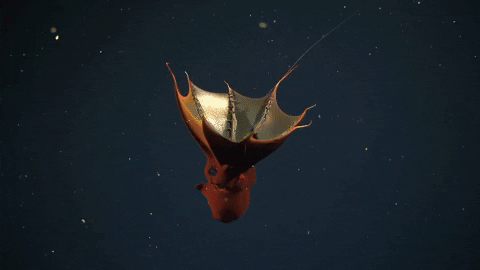
Proportionally, vampire squids also have the largest eyes compared to their body size! They eat mostly zooplankton, marine snow, and other organisms waste. They grow to be about the size of a football and live to be around 8 years old.

There's even evidence that vampire squids have been around since the Jurassic period- almost 200 million years ago!
#marine biology#marine ecology#animals#science#biology#animal facts#wildlife#marine life#ocean#fun facts#vampire squid#cephalopods#sea creature#squid#sea animals#sea creatures#sea animal#cool animals#zoology#ichthyology#sea#seas#oceans#the ocean#deep sea#jurassic period#fun animal facts#weird animal facts
1K notes
·
View notes
Text


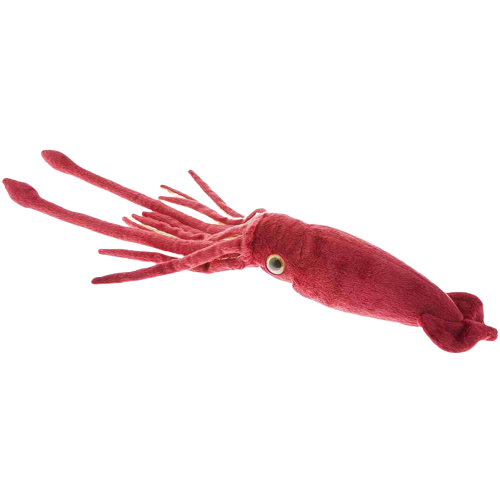


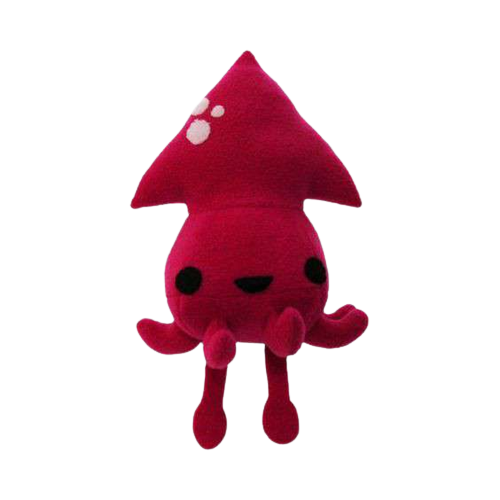

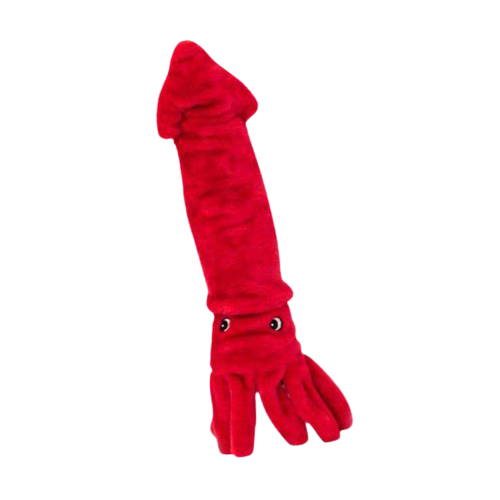


#plushie#cute#agere#age dreaming#age regression#agedre#system little#little#stuffie#stuffed animal#red#squid#giant squid#vampire squid#marine#sea#ocean#png#transparent#marine animal#marine creature#sea animal#sea creature#ocean animal#ocean creature
3K notes
·
View notes
Text
Happy Valentine’s Day from some cuddly Creatures of the Deep 🌊 💙







Something for the peeps who followed me for marine science and only got destiel, I love you
Love to sea it 🌊
#biology#science#marine creatures#marine life#marine biology#oceanography#marine animals#marine science#deep sea#valentines day#ocean life#ocean creatures#aquatic life#ocean animals#sealife#sea creatures#sea critters#fishblr#love to sea it#marine memes#ocean critters#jellyfish#frilled shark#angler fish#gulper eel#vampire squid#telescope fish#dragonfish#there are many benefits to being a marine biologist
234 notes
·
View notes
Text

i love these wacky guys
#my art#digital art#marine biology#deep sea#anglerfish#lantern fish#vampire squid#comb jelly#ctenophore#giant isopod#isopod#sea angel#fish#ocean life
3K notes
·
View notes
Text
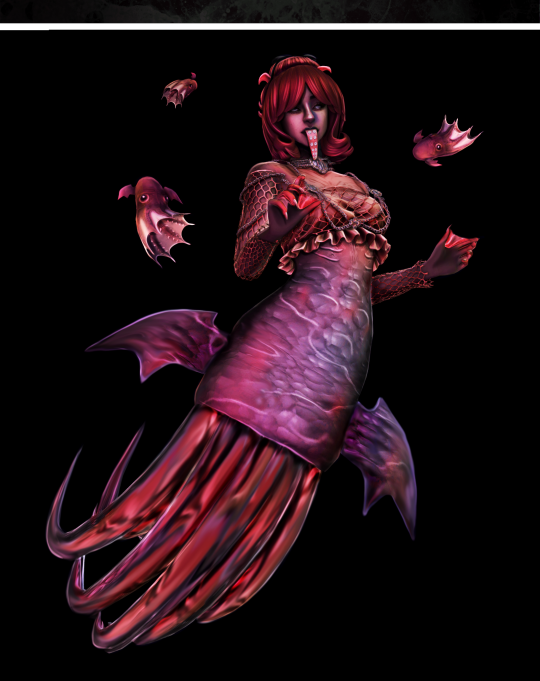



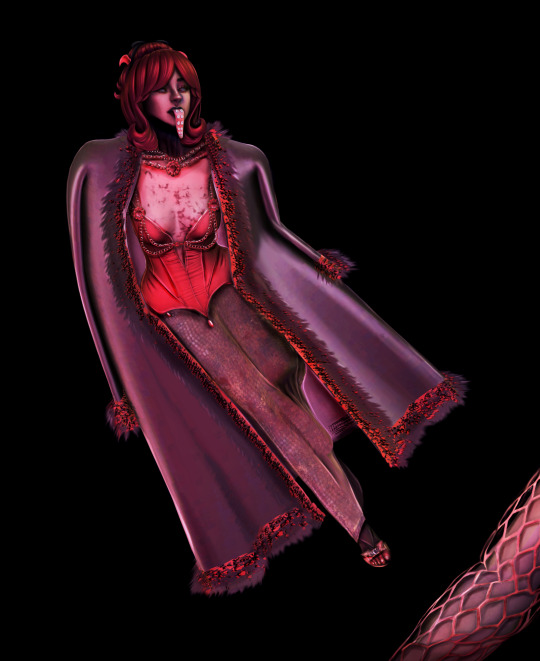
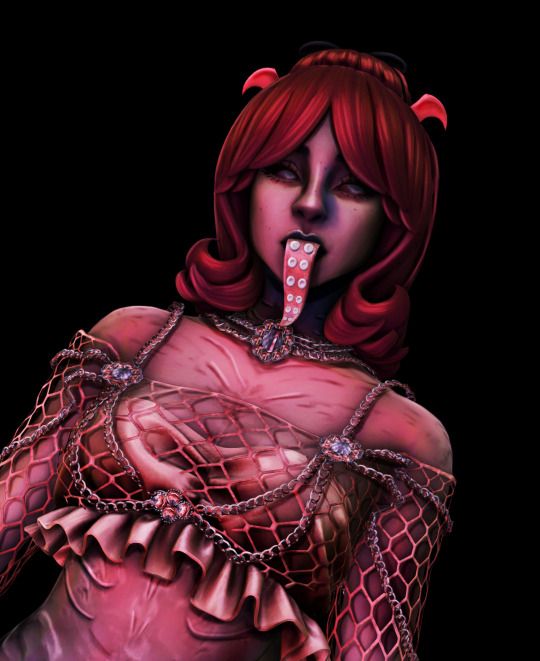
Prompt: Vampire Squid 🦇 ⚓ Forgotten Hollow
@incandescentsims MerMay challenge 🦪

Genetics Hair + Overlay | Skintone + tints | Eyes | Eyelashes | Tongue Mermaid Fishnet Top | Top + Tail** | Necklace | Gills 1 + 2 | Fins | Skindetail Clothes Corset | Skirt | Coat | Shoes | Necklace Accessories Head Wings | Dirt
+* Clipping
* Edited

C R E A T O R S
Genetics @daylifesims @tricoufamily @lamatisse @crilender @pralinesims
Mermaid @4w25-cc @pyxiidis @valentinakarlova @jarisimcc @lady-moriel
Clothes @belaloallure3 @bluerose-sims @madlensims @lin-dian
Accessroies @daylifesims @wastelandwhisperer
#the sims 4#31 days of merfolk#sims 4 mermay#sims 4 mermaid#sims 4 lookbook#sims 4 vampire#vampire squid#mermay#sims 4 hybrid#ts4cc#ts4 mermaid#ts4 vampire
502 notes
·
View notes
Text
Wet Beast Wednesday: vampire squid
It's squidtember, everybody! To celebrate, we'll discuss the vampire squid, which is... not actually a squid. It's not a vampire either. I'll let you decide which is more disappointing. No, the vampire squid isn't a squid or an octopus or even a cuttlefish, it's its own thing, the only surviving member of order Vampyromorphida, a sister group of the octopi. Let's dig into this unique cephalopod.
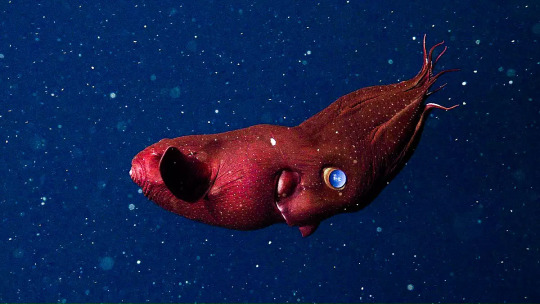
(Image: a vampire squid. It is an octopus-like animal a dark red in color with large eyes and a pair of fins on the mantle. The arms are relatively short and are held together. End ID)
The scientific name of the vampire squid is Vampyroteuthis infernalis, which means "vampire squid from hell". With a name like that you'd expect it to be a badass predator, but it isn't. The name comes from its red color and arm membranes that are visually similar to a cape. They're also on the small side, maxing out at around 30 cm (about 1 foot), half of which is the body and the other half being the arms. The body is mostly a dark red color. Its body plan is similar to an octopus, with eight arms. On the body is a pair of fins and while the skin is covered in bioluminescent cells called photophores, they lack the color-changing chromatophores that allow octopi, squid, and cuttlefish to change their color so radically. The eye of the vampire squid is the largest in proportion to body size of any animal and the vampire squid likely has very good vision. The vampire squid has an internal shell called a gladius that is common to cephalopods but has been lost in octopi. The galdius helps maintain buoyancy, aided by a high concentration of ammonia in the body and inner ear-like organs called statocysts.

(Image: a vampire squid with its arms extended, revealing that they are connected to each other by a membrane that reaches almost to the tips of the arms. End ID)
The arms are connected to each other by a membrane called a cloak. The inner sides of the arms are line with fleshy cirri and only have suckers at the very tips. In between the base of the arms is the beak. Also within the cloak are a pair of pouches that contain the tactile velar filaments (side note: why the fuck does Tumblr's spell check recognize velar but not cephalopod?). The filaments are very long, very slender modified arms that are covered with sensory hairs. The filaments retract back into their pouches when not in use. The filaments are used in feeding similarly to the tentacles of squid, but they are not derived from the same feature. The common ancestor of octopi and vampyromorphids had 10 arms. The octopi eventually lost a pair while the vampyromorphids modified a pair into the filaments.
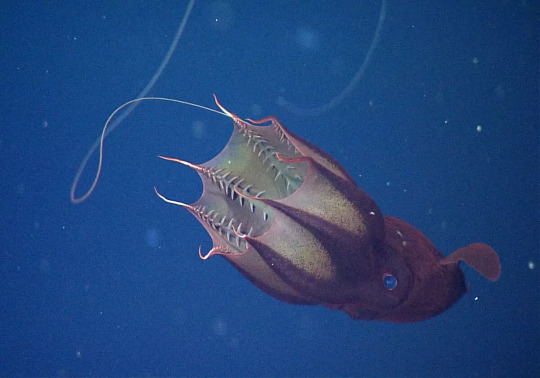
(Image: a vampire squid with one of its filaments extended from within the arms. The filament looks like a long string that is hanging in the water. End ID)
The vampire squid is found worldwide in tropical and temperate latitudes at depths within the midnight zone, where no light reaches. They are extremophiles, organisms that live in extreme environments. This isn't because of being deep-sea organisms, but because of the particular part of the deep sea they are specialized to live in. Vampire squids live in oxygen minimum zones, regions of the deep sea that have drastically lower levels of dissolved oxygen that the surrounding area. Because oxygen is necessary for most life, oxygen minimum zones are very sparsely populated. To survive in such a low-oxygen environment, vampire squids have developed a very low metabolic rate (the lowest of all deep-sea cephalopods) and have very large gills. This allows them to extract every possible bit of oxygen from the water and let it last for a long time. The squid spend their time slowly swimming using their fins for propulsion, keeping movement to a minimum to reduce oxygen use. Food is scarce in the oxygen minimum zones and the vampire squids have adopted a low-energy feeding method. The eyes and velar filaments search through the water for bits of food, which the arms catch. The squid uses a mix of mucus and bodily waste excreted from the suckers to encase the food, forming a lovely mucus dumpling that the squid eats. The bioluminescence may also be used to attract prey. A vampire squid's diet consists largely of marine snow, bits of organic matter that falls from above. Marine snow largely consists of bits of dead animals, but a lot of it is also feces. The vampire squid form hell eats poop. Vampoo-er squid. It also eats zooplankton and maybe small fish, but that's less scandalous
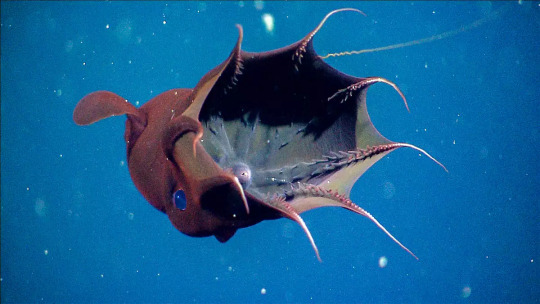
(Image: a vampire squid showing off the inside of its cloak. Each arm is lined with fleshy protrusions called cirri. At the center of the arms in a lump of flesh covering the beak. End ID)
Vampire squids can't afford to spend energy on fighting predators, so they have adapted some unique defense mechanisms. The red coloration is one of these. Red light is the first wavelength of visible light to be filtered out in water and as a result, many deep-sea animals can't see red light. To them, a vampire squid would seem invisible. The first defense mechanism vampire squids use is the pineapple pose, where they wrap their arms and cloak around their bodies to look like a spiky ball. If that doesn't deter predators, the squid can release sticky, glowing mucus from its suckers. This mucus can disorient the predator and will stick to it, making it vulnerable to predators of its own. While making an escape, the squid will use its bioluminescence to disorient the predator, especially flailing its glowing arms to create a very confusing sight. It can regrow the ends of its arms, making them an acceptable sacrifice if it means surviving the encounter.

(Image: a vampire squid in the pineapple pose. Its arms and cloak are covering its body, exposing the cirri. This makes it look like a round object lined with rows of spines. End ID)
Like its octopus relatives, the vampire squid reproduces via the male inserting a packet of sperm into a hole in the female's mantle. The female can store the sperm for long periods of time until she is ready to use it. They may also be able to use only part of the sperm supply at a time while reserving the rest. While squid, cuttlefish, and octopi only mate once before dying, vampire squid appear to mate multiple times in their lives. Eggs may take over a year to hatch and the juveniles are born as 8-mm miniature versions of the adults. The juveniles live in deeper water than the adults and survive on an internal yolk sac for some time after hatching. Curiously, the juveniles are born with a single pair of fins, then grow another pair as they mature. Eventually the original pair of fins is lost and the new pair will chance shape and placement during maturation. This has led to vampire squids of different development stages being misidentified as different species in the past.

(Image: a juvenile vampire squid. It's arms are shorter and it has two pairs of fins. End ID)
Vampire squid are classified as data deficient by the IUCN, meaning there is not enough data to determine what conservation needs they have. Their worldwide distribution indicates they are likely not at risk of extinction. They are believed to be vulnerable to microplastics, which drift downward like marine snow and are very likely to be mistaken for food by the squid. Microplastics can carry chemical loads that could be poisonous to the squid and can obstruct the digestive tract or trick the animal into thinking it is well-fed when it is actually full of indigestible plastic. Vampire squid are known to be prey to large fish and deep-diving marine mammal like toothed whales or seals. The vampire squid was discovered by the Valdivia Expedition of 1898-99 and was one of the animals caught that helped disprove a then-accepted hypothesis that the deep sea was lifeless. The azoic hypothesis or abyssus theory stated that ocean life diminished with depth and that, by extrapolating the existing numbers, the ocean would be lifeless below about 300 fathoms (550 m, 1,800 ft). The vampire squid was one of the earliest examples of animals captured from below that depth.
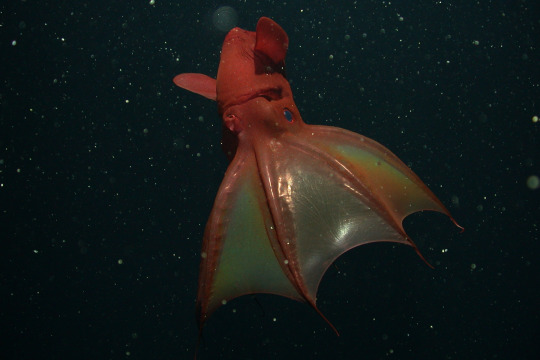
(Image: a vampire squid with its arms and cloak extended. End ID)
#wet beast wednesday#vampire squid#squid#cephalopod#mollusk#molluscs#deep sea creatures#invertebrates#marine biology#marine life#biology#ecology#zoology#animal facts#squid tember#educational#informative#image described
468 notes
·
View notes
Note
Do there happen to be any birds that make use of bioluminescence? If not, could you share some non-fish species that do?
Bioluminescence:
Besides fish, I do not believe that there are any bioluminescent vertebrates.
There are of course fly larvae, beetles and their larvae, and cephalopods that use it (as well as other inverts, I'm sure).
Here's a favorite:


Vampire Squid (Vampyroteuthis infernalis), family Vampyroteuthidae, photographed in the deep sea off the Pacific Coast of North America
Vampire Squids are not actually true squids, but are in their own distinct groups of Cephalopods (most closely related to the Octopuses).
They only grow to a total length of up to 30 cm (~ 1 ft).
They have many light producing photophores on various locations around their body.
They live at depths of 600 to 900 m (2,000 to 3,000 ft) in oceans around the world.
photographs via: MBARI
359 notes
·
View notes